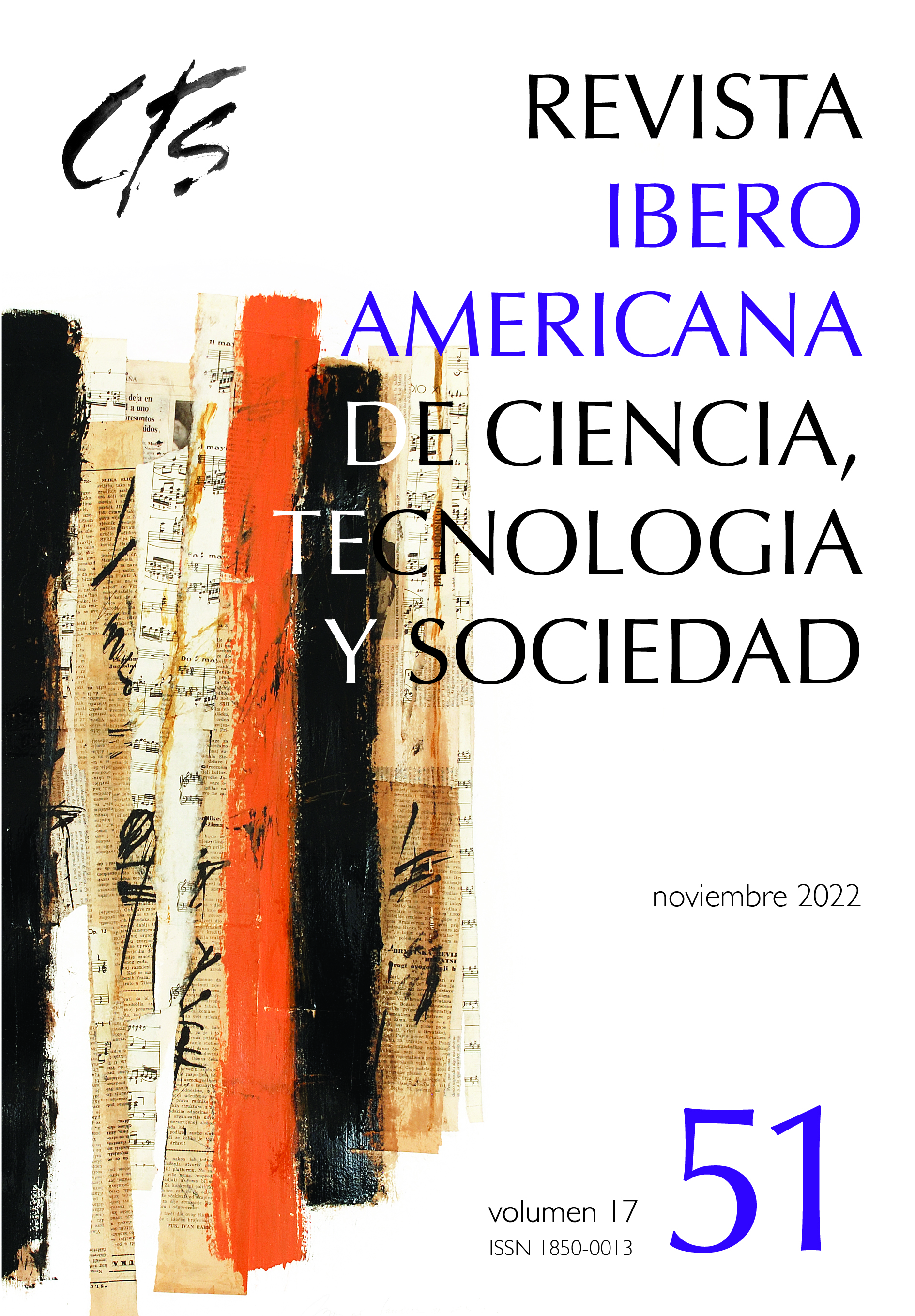Algorithmic Illusion and Examining Cultures. Two Paradigmatic Cases: The EBAU and the MIR exam
Keywords:
STS, EBAU, MIR exam, algorithmic illusion, meritocracyAbstract
From a science-technology-society (STS) perspective, this paper analyzes the role of mathematical algorithms in two tests that receive great media attention in Spain: the Baccalaureate Assessment for University Access (EBAU, due to its initials in Spanish) and the test for access to specialized health training positions, better known as the MIR exam. Both tests share the purpose of ordering the results of the thousands of applicants who take part in them. However, there are significant errors and inaccuracies in both of them that contrast sharply with the illusion of algorithmic precision that they intend to give to the general public. Finally, some more general critical reflections on exams and their relationship with the algorithmic illusion are pointed out.
Downloads
Downloads
Published
How to Cite
Issue
Section
License
Copyright (c) 2022 CC Attribution 4.0

This work is licensed under a Creative Commons Attribution 4.0 International License.
All CTS's issues and academic articles are under a CC-BY license.
Since 2007, CTS has provided open and free access to all its contents, including the complete archive of its quarterly edition and the different products presented in its electronic platform. This decision is based on the belief that offering free access to published materials helps to build a greater and better exchange of knowledge.
In turn, for the quarterly edition, CTS allows institutional and thematic repositories, as well as personal web pages, to self-archive articles in their post-print or editorial version, immediately after the publication of the final version of each issue and under the condition that a link to the original source will be incorporated into the self-archive.











